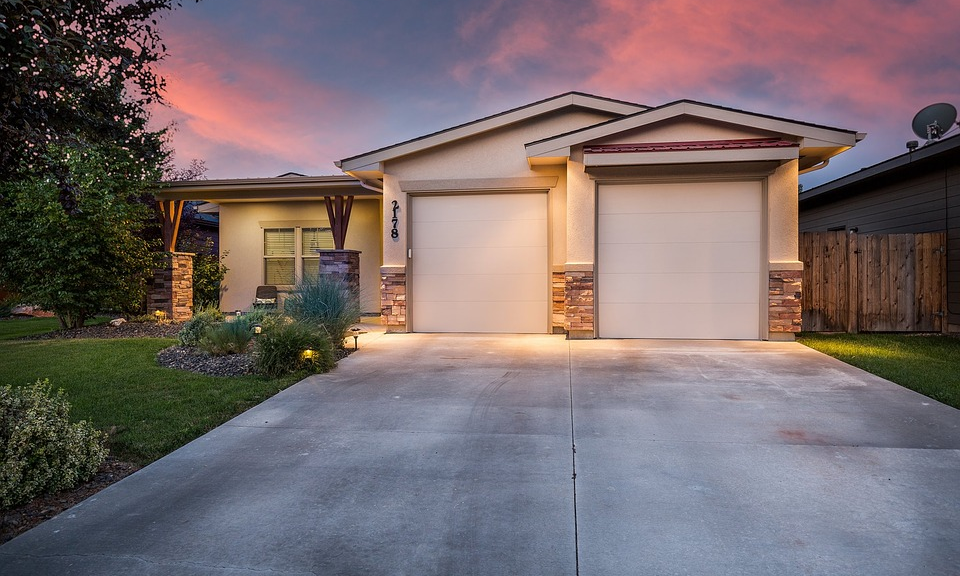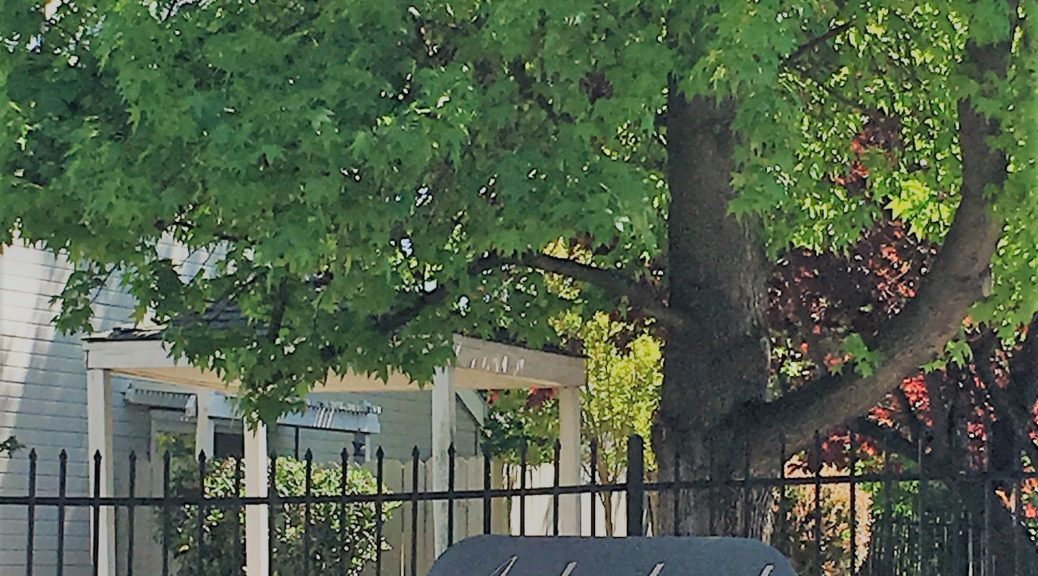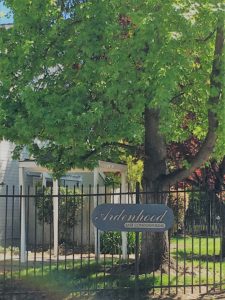
As the broker/CEO of my Dynamic Real Estate, Inc. company, I like to analyze the real estate market and give you my most honest advice and feedback. October for some reason is always the busiest month of the year for me and I have helped a few buyers and sellers achieve their goals and dreams, even though our interest rates are currently above 8 percent.
That’s one reason, we need to understand how to enjoy home ownership in any market conditions. As the guest author Erin Reynolds wrote in her article below, a homebuyer should weigh the benefits of a starter home. You can find more info about Erin Reynolds on diymama.net | erin@diymama.net.
When it comes to the age-old question of whether to invest in a more affordable starter home or go all-in on a forever home, the decision can be a daunting one. Your choice of a home is not just a financial decision; it’s a life decision. In this article, courtesy of Running for Real Estate, we explore key considerations that can help you make an informed choice that suits your current circumstances and future aspirations.
Weigh the Benefits of a Starter Home
The prospect of entering the real estate market is often less intimidating with a starter home, given the lower upfront costs. This kind of home offers you a way to start building equity rather than paying rent. Additionally, starter homes often have the potential for appreciation. For example, investing in a neighborhood that’s in the early stages of gentrification could lead to significant returns in a few years.
Recognize the Drawbacks of a Starter Home
On the flip side, starter homes often come with limitations, such as restricted space, which may not be suitable for a growing family. There’s also the possibility that you could outgrow the home quicker than you anticipated. Resale can be challenging as well, particularly if the market takes a downturn. For instance, homes in areas that become oversaturated with new developments could see a decrease in property value.
Understand the Advantages of a Forever Home
A forever home brings with it the promise of long-term stability. Unlike starter homes, these properties typically offer more room for growth and a variety of desirable amenities like nicer appliances, updated kitchens and baths, and more yard space. Imagine a spacious yard or extra bedrooms that could one day become a nursery or home office.
Consider the Pitfalls of a Forever Home
Forever homes certainly come with their own set of challenges, such as higher initial costs, which might necessitate a larger down payment or a higher mortgage rate. You’re also committing to a specific location for a longer period, and maintenance or upkeep can be significantly more demanding. For example, larger properties might require regular professional landscaping, something you’d need to budget for.
Plan for the Future
When considering which type of home to buy, think beyond the immediate concerns and anticipate your long-term needs. Life changes like marriage or having children can drastically impact your living situation. Moreover, it’s vital to consider the resale potential of the home. For example, a house in a good school district will likely be easier to sell down the line.
Connect with a Great Broker
Navigating the complex real estate landscape, whether you’re considering a starter home or a forever home, typically hinges on partnering with a reputable agent who comprehends both your unique needs and the dynamics of the local market. A skilled broker like Carmen Micsa, can be your guiding light, helping you navigate the intricacies of the buying process, identifying properties that align with your preferences and budget, and providing invaluable insights into the ever-changing real estate market conditions.
Explore Mortgage Options
Understanding the types of mortgages available can significantly impact your monthly payments and overall affordability. Different mortgage options have various interest rates and terms that can either constrain or stretch your budget. For instance, a fixed-rate mortgage offers predictable payments, while an adjustable-rate mortgage might provide lower initial payments but can fluctuate over time.
Safeguard Your Investment
Once you determine what to buy, it’s crucial to factor in the costs of insuring your property. Homeowners insurance covers damage to your home’s structure, theft of belongings, and injuries on your property. However, for comprehensive coverage against home system or appliance breakdowns, you’ll need a home warranty — an annual contract that can protect heating, cooling, electrical, plumbing systems, and appliances. Understanding these insurance and warranty options is vital as you weigh the decision between a starter home and a forever home, and this site could be helpful in making a well-informed choice that aligns with your long-term financial security and lifestyle preferences.
The choice between a starter home and a forever home is a deeply personal one. By weighing the pros and cons, considering your financial situation, and keeping an eye on the future, you can make a decision that aligns with your goals and aspirations. Remember, your home is not just a structure; it’s a place where memories are made and dreams are realized.
Choose wisely, and your home will be the foundation of a bright future.
For more inspiration on how to let “AIR,” which stands for adaptation, inspiration, and resilience guide you, please consider buying my print edition or e-book The PR- The Poetics of Running, A Book of Poetry in Motion and Morsels of Love, A Book of Poetry and Short Forms on Amazon, or any other of my books.
For more info on running and real estate, whether buying or selling, please e-mail me at carmenmicsa@yahoo.com, or call me at 916-342-2446.
Also, mention this blog and receive a great offer whether buying (credit for closing costs) or selling (commission discount).
Running for real estate with joy!







